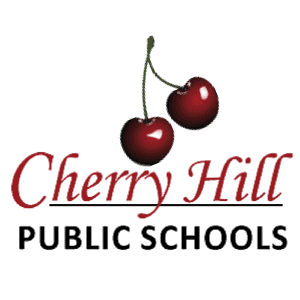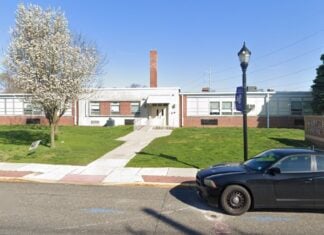
A school tax increase greater than 2 percent appears likely for Cherry Hill residents after the Cherry Hill Board of Education approved the school district’s 2016–17 preliminary budget at a special meeting last Tuesday.
The Cherry Hill Public Schools preliminary budget includes a tax levy increase of 3.43 percent. If the board of education approves the budget at its public hearing in April, residents with an average assessed home of $223,500 would pay approximately $4,830 in school taxes, an increase of about $108 when compared to last year.
There were no changes in the budget numbers from what assistant superintendent of business James Devereaux presented during the board’s March 8 work session. The preliminary budget totals $191.5 million, an increase of about 4.82 percent from 2015–16.
The district is using two exceptions to raise the tax levy above the 2 percent cap. The first is the adjustment for increase in health-care costs. School districts are permitted to use this exception when projected health-care costs are expected to increase more than 2 percent.
The second exception is the use of banked cap. In schools years where districts do not increase taxes up to the 2 percent cap, they are permitted to “bank” the difference between the levy increase and the 2 percent cap to use in any budget over the next three years. Cherry Hill Public Schools will be utilizing $569,528 of banked cap from the 2013–14 school year and $251,734 of banked cap from the 2015–16 school year.
With the district utilizing both the health-care and banked cap adjustments, a public vote will not be needed to approve the budget.
The board had a discussion about the use of banked cap prior to voting on the budget. Board member Steve Robbins stated at the board’s March 8 meeting he disagreed with using banked cap “as a matter of principle.” However, it did not stop him and the other members of the board from approving the preliminary budget. Robbins said he approved the budget so the district could maintain all of its existing programs and staff.
“Am I happy with that number? No,” Robbins said of the tax increase. “Is there anything we can do about it right now? No.”
Robbins added the district needs to be careful of its use of banked cap, noting it may not always be there. With the 2 percent cap limiting the amount of tax revenue the school district brings in, Robbins expressed concern the district could have a budget shortfall a few years down the road.
Board president Carol Matlack echoed Robbins’ comments, saying the board needs to build stronger financial sustainability for the years ahead.
“What we’re doing right now is good, but it’s not sustainable,” she said.
Devereaux cited a number of reasons for the district’s budget increase for 2016–17. The increase is partially due to the district’s decision to pay off “lease purchase two” on July 1. Lease purchase two is the payment of the district’s 2014 boiler replacement project. The district is using about $2 million in state Regular Operating District Grants to help pay off the remaining $3.2 million on the lease purchase two years ahead of schedule. Devereaux explained the pre-payment of lease purchase two will save the district money in its capital outlay budget over the next two years.
The district is also budgeting an increase of $1.4 million in out-of-district placements compared to last year. Board member Ken Tomlinson asked if the increase was due to the district sending more special education students outside the district to other schools. However, Superintendent Joe Meloche said the budget increase doesn’t have to do with an increase of out-of-district placements.
“It’s an increase in the costs and services for the children who are placed now,” Meloche said.
The district has budgeted $2.5 million of capital reserve funds for three projects next school year.
“Two of them are fairly minor projects,” Devereaux said. “The big one is over at East.”
A stormwater infiltration project slated for Cherry Hill High School East will cost about $2.2 million. The other two projects are a sewer project at Kingston Elementary School and groundwater infiltration project at Cherry Hill East. Each of those will cost a little more than $100,000.
There are no program cuts in the preliminary budget. The number of staff will be mostly unchanged, with the district adding just one new full-time position.
The Camden County superintendent’s office will now have to approve the school district’s preliminary budget. The board of education is tentatively scheduled to have a second reading and public hearing on the budget at its regular action meeting on April 26.










